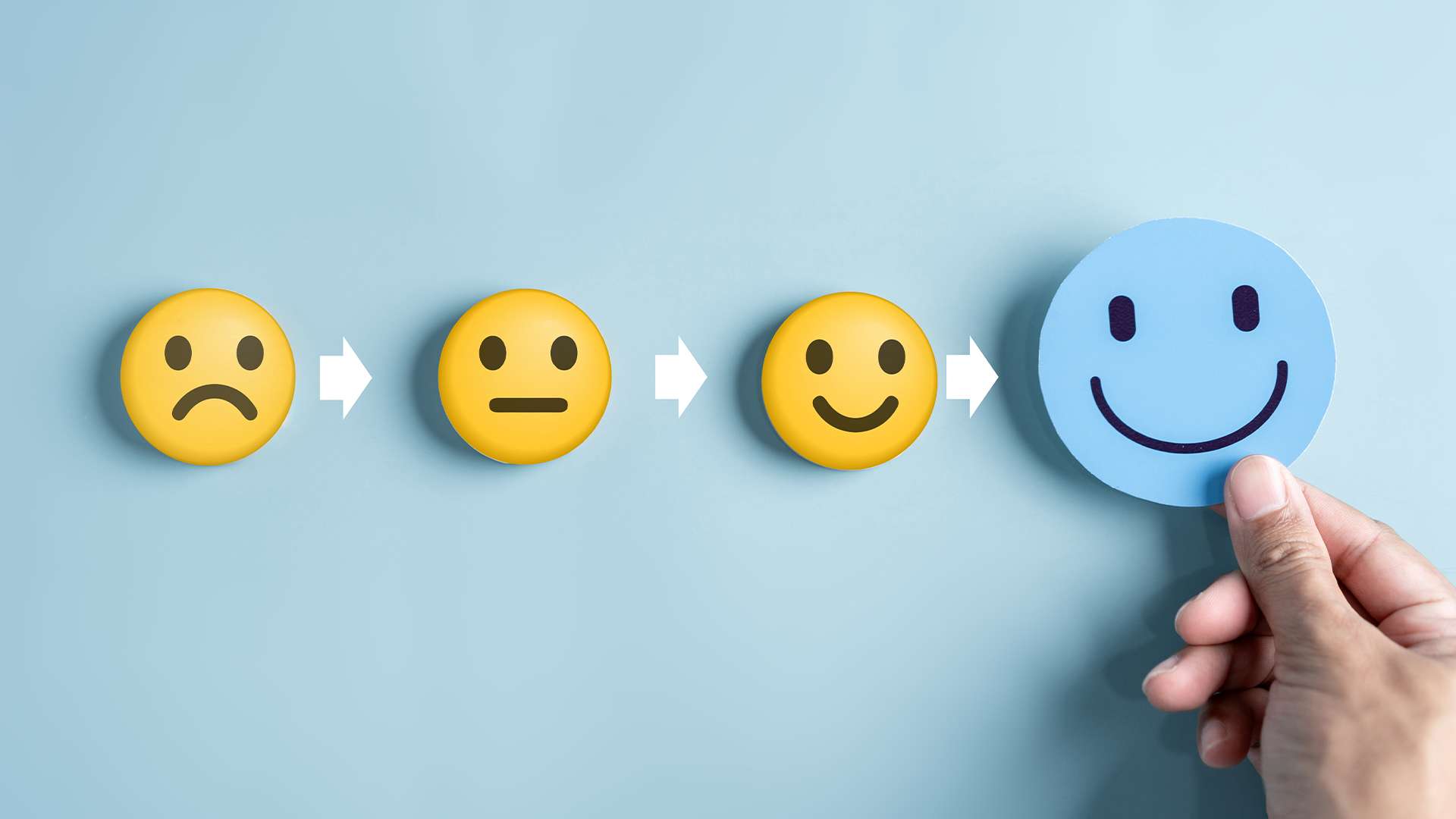
In recent years, there has been an undeniable shift in societal awareness towards mental health, especially within the workplace.
Recognising the impact of mental health on employee well-being and overall productivity, larger corporations have become increasingly more aware and responsive in embracing initiatives to foster a mentally healthy workplace.
Yet, despite recent findings by HR Solutions, revealing that in 2023, 85% of SME business leaders identified mental health as their biggest health and safety challenge; SMEs have been reluctant to face workplace mental health issues. According to research conducted by Simply Business and Mental Health at Work, mental health is a distinct problem within the small business community, with an additional 35% of business owners admitting they want to learn how to improve mental health while running a business but don’t feel they have enough access to the correct resources.
We recently spoke with Michael Doolin, Group Managing Director of Clover HR, to gain insight into why SMEs struggle with addressing mental health and how small changes can make a big difference in employee well-being, engagement and job satisfaction.
In your experience, what are some reasons why SMEs fail to address mental health and well-being in the workplace?
I think that as a business owner, it’s easy to become preoccupied with the daily running of a business and external pressures such as meeting margins, hitting profit figures, and achieving KPIs. While these are undeniably important, this can result in other important factors such as mental health and workplace well-being falling on the backburner. This is especially true for SMEs and start-ups, where the focus is more on building the business than nurturing and maintaining talent.
Where SMEs are concerned, I feel there is also a level of unawareness or understanding about the importance of mental health in the workplace compared to larger companies. In addition, with limited resources and guidance from an HR perspective, SMEs lack the tools and expertise to implement these initiatives effectively.
Do you think there are any misconceptions for SMEs regarding mental health and well-being initiatives?
It is understandable that with limited funds and resources, SMEs feel more selective in the initiatives they invest in, however, there are misconceptions about the cost-effectiveness of investing in mental health and well-being initiatives. According to the Office of National Statistics, 12.7% of all sickness absences in the UK can be attributed to mental health conditions; therefore, investing in initiatives to improve mental health and reduce absenteeism, can prove to be more cost-effective for a business.
I think there are also misconceptions about how big these initiatives need to be. Costly well-being seminars with guest speakers and industry experts are not the only solution for supporting mental health and well-being. I have found that coffee meetings, regular check-ins, mental health days and flexible working are some simple but effective ways to improve and boost morale and mental well-being.
What role do you think company culture and environment play in improving employee well-being?
Company culture and the work environment play a pivotal role in enhancing mental health and overall well-being among employees. The connection between a healthy work environment and positive outcomes such as increased job satisfaction, engagement, productivity, innovation, and reduced absenteeism cannot be overstated.
In a study published in the Journal of Occupational and Environmental Medicine, revealed a remarkable 23% increase in productivity among employees who received mental health support. Additionally, findings from a Gallup study emphasised that employees who rated their well-being highly were 43% more likely to be engaged in their job roles than those who reported lower.
Being in a positive work environment which encourages you to perform your best, prioritise your health and well-being, and supports you to thrive, can make a significant impact on your mental well-being. These environments can nurture employees’ development in the business and encourage a feeling of value. When people feel valued, they’re more likely to work well together, be open to different perspectives, and feel comfortable and safe at work to tackle conversations around mental health and well-being.
How can SMEs foster a positive and supportive work environment, which supports mental well-being?
One practical aspect of promoting a positive work culture is the regular expression of gratitude. Simple gestures, such as providing an extra hour for lunch or offering a small token of appreciation like a cold beverage ‘on the boss’ after a challenging day, can go a long way in creating a positive workplace atmosphere. These gestures contribute to building an engaged and motivated team.
Another effective strategy is the inclusion of a mental health representative within the team. This dedicated individual undergoes training to offer support, guidance, and resources for mental health challenges. By serving as a vital link between employees and available mental health services, this representative helps destigmatise seeking help and fosters an environment where employees feel supported in addressing their mental health needs.
Additionally, offering courses and training programs demonstrates a commitment to employee development. These initiatives can cover a spectrum of topics, from stress management to work-life balance, providing valuable tools for coping with workplace pressures. By investing in such resources, SMEs not only contribute to professional growth but also prioritise the overall well-being of their workforce.
These proactive measures contribute to creating a workplace culture that values and supports mental health, ultimately benefiting both employees and the business as a whole.







